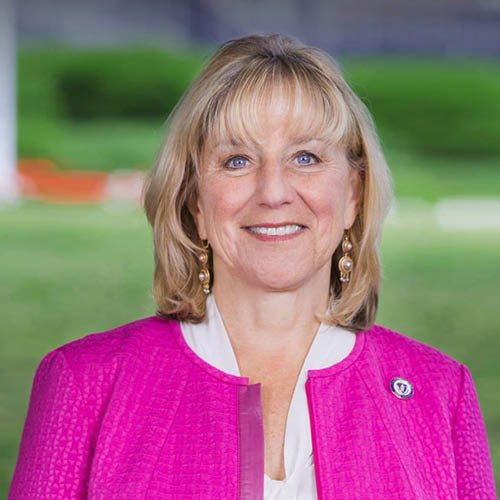Spilka pushes for intergenerational care centers to alleviate ‘caregiving crisis’

Catherin Carlock | Boston Business Journal | April 13, 2021
Millions of women were forced out of the U.S. labor pool to focus on caregiving amid the Covid-19 pandemic, driving women’s participation to levels not seen since 1988 — a fact Massachusetts Senate President Karen Spilka on Tuesday said is “more than sad and disappointing.”
It’s “outrageous” and “depressing,” she added in a speech to the Greater Boston Chamber of Commerce. The numbers are a major reason why she’s supporting an initiative to bolster and strengthen the caregiving sector across Massachusetts.
Many people — mostly women, and especially Black and brown women — who work in non-caregiving professions are sandwiched between aging parents and children, and have been forced to drop out of the workforce to grapple with challenges at home, creating what many have called a “caregiving crisis,” Spilka said.
She is pitching an “Intergenerational Care Center” model, based on the state’s Family Resource Center (FRC) model, to create a one-stop shop for those needing caregiving assistance. The centers could help overburdened family members learn about childcare, elder care and disability care, and receive referrals for services, she said.
“I would like to see us expand and build upon the successful FRC model to create Intergenerational Care Centers where everyone, no matter what age, can access information about childcare, elder care, and before and after school programs, as well as services for residents at all stages of life or level of ability, including, of course, mental and behavioral health support,” Spilka (D-Ashland) told the Greater Boston Chamber.
As a step toward creating the centers, Spilka said she would task Adam Hinds — the Pittsfield Democrat who chairs the Senate Committee on Reimagining Massachusetts: Post Pandemic Resiliency — to hold a listening session on the caregiving workforce, with a special focus on the economic impact of Covid-19 on women of color in the workforce.
“Centering women of color in our economic recovery means that we can tackle some of the most persistent and damaging inequities facing Massachusetts today, while putting us on a path towards stronger communities, better quality of caregiving for all those who need it, and a much stronger economic recovery overall,” Spilka said. “While we listen to the voices of the women who have been most affected by the Covid-19 pandemic, we know that there are areas where we can focus now.”
Jim Rooney, CEO of the Greater Boston Chamber of Commerce, asked Spilka to explain why it was important for the business community to focus on the issues of childcare and women in the workforce. Covid-19 has brought the issues to the forefront, she replied, and businesses’ bottom lines do better when their workforces are comprised of a diverse talent pool.
“All research shows that businesses’ bottom lines do much better when women and women of color participate in the business. There’s a richer array of thoughts, ideas, suggestions that are made, and it’s a fact: the business does better,” Spilka told Rooney. “So if you’re just going to look at your bottom line, that alone should be sufficient reason to make sure that we get women back into the workforce.”
